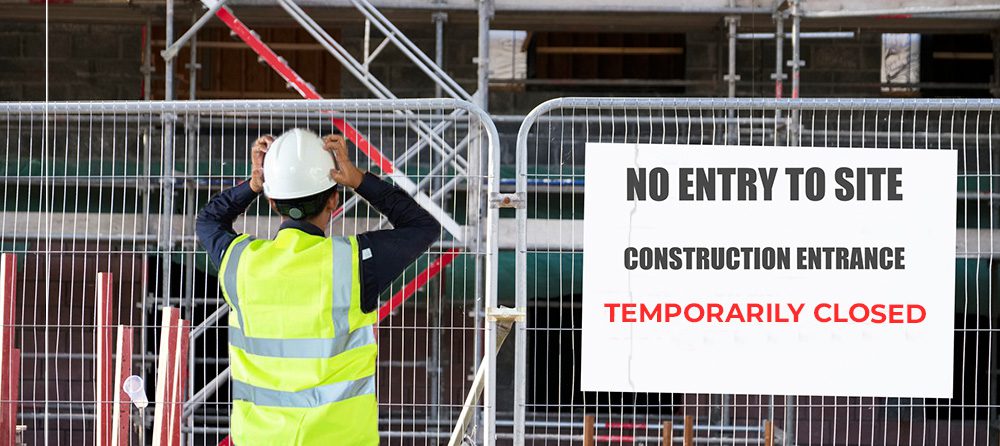Navigating Project Delays in Construction Management
This quarter, we interviewed a candidate who is in the prime of his career but is currently assigned to a project that is severely delayed because of design and financial challenges. He shared with us how he likes to be busy, yet his days drag on, and his boss does not permit him to be assigned to other work. He also related that when he asks to use his spare time to assist with preconstruction or some other area, his request is declined, and he is merely assured that things will change “soon.”
However, he is smart enough to know that this client’s challenges are not changed overnight. He also recognizes that his situation is a double-edged sword. While he doesn’t want to leave his job in the middle of a project, the lengthy project delay could harm his own future job prospects. After all, hiring managers look at what candidates have done recently; if there is a significant interruption in acquiring new experience, that could reflect poorly on the employee. Indefinite waiting is not a virtue in construction management, for employers want to hire people who will “make it happen” and drive a schedule.
Impact of Prolonged Project Delays on Career Prospects
While a delay of a week or two may not elicit dramatic staffing challenges, longer delays may cause problems for employers as well as employees. Employers in this situation are playing the “time game” of attempting to maintain employee loyalty, especially if no alternative work is provided during the wait period.
Projects can be delayed for a myriad of reasons, including owner changes and lack of financing. Errors and omissions in the plans, design documents, and specifications are the most common causes of project delays. These are much more common than natural disasters, unforeseen sight conditions, and interferences from a governmental agency. We see many projects here in South Florida run into trouble when the financing comes from international money out of vulnerable economies in other countries.
The aforementioned candidate’s situation is most likely a case where the employee is at a labor burden that can be supported on the project through the delay period. The client and all the consultants on the project are working with a professional construction manager who, despite his years of experience, has exceptional soft skills. It works for the company he is with, and they are either naïve to losing him or willing to take the risk. Other construction managers within the organization are carrying the opposite workload and can use the assistance. It is possible they have in the contract a dedicated manager for the project. The employee did not think that was the case, as he was privy to the contract.
Turning Project Delays into Career Growth Opportunities
Downtime arising from project delays may provide an excellent opportunity for construction managers to gain experience in areas of the business to which they may not ordinarily be exposed. This particular CM did not have preconstruction or estimating experience; however, familiarizing himself with these would assist both the employer (as he would have a more experienced project manager) and the project manager in his own future endeavors (as this knowledge will open additional opportunities for him to advance his career). If the employer does not permit the employee to do this, it may be wise for the latter to look for other ways to enrich his experience.
If you are an employer and your employees have downtime, find ways to keep them challenged and busy. This can be done by having them assist other employees on special projects, such as improving and documenting standards for your company, helping implement new software, or forensics on past projects. Online training is always an advantage for both you and the employee.

Project delays can and do cost both the employer and the employee, and not merely in wages. Advancement in this industry only comes with experience.
Help Each Other Turn a Project Delay into a Career Advantage,
Suzanne Breistol




